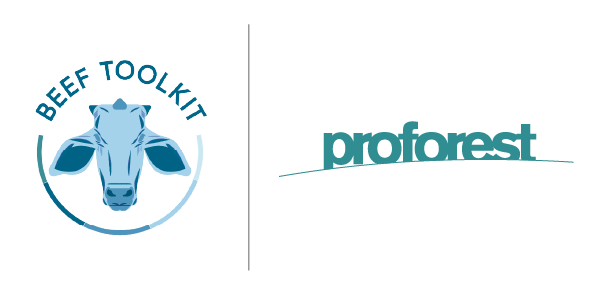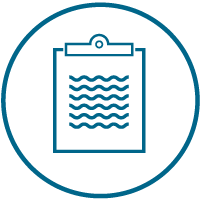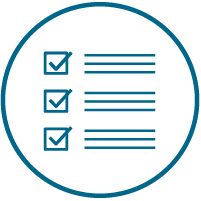Element 1: Implementation Plan
A timebound implementation plan sets out the actions a company will take over a given time period to ensure that their beef and cattle product sourcing delivers on their responsible sourcing commitments.
This element aims to:
· Outline the pre-requisite stages for the development of an implementation plan
· Showcase available tools that companies can access to support the development process
· Describe the recommended components of a credible timebound implementation plan
· Integrate best-practice examples of how those components can be developed in the context of the Brazilian beef sector
An effective timebound implementation plan typically addresses five key elements:
· Scope – A company’s size, geographic location, volumes traded, and position in the supply chain will all impact the scope of an implementation plan.
· Activities – The activities and actions planned should cover both actions within and beyond the supply chain, focusing both on a company’s own volumes and operations as well as wider landscape or sectoral activities.
· Targets, Timelines and KPIs – Clear timebound targets must be developed to regularly monitor progress of the implementation plan.
· Resources and Responsibilities – Different stakeholders will play key roles which need to be defined and agreed upon to ensure ownership of tasks and outcomes.
· Review and Reporting – Companies must communicate plans both internally and externally to ensure accountability. They must also regularly review the implementation plan and use findings to continuously improve.
Key points
· Before developing a timebound implementation plan, companies first need to understand the supply base, and develop a sound responsible sourcing policy.
· A timebound plan is an important tool as it enables a company to have a clear understanding of how to meet its commitments, as well as publicly signalling how and when it will achieve its commitments.
· A typical timebound implementation plan should cover five key elements: scope, activities (including actions both within and beyond the supply chain), timelines and KPIs, responsibilities, and regular reviews and reporting.
More information is available in the briefing note below - BN01: Implementation Plan








